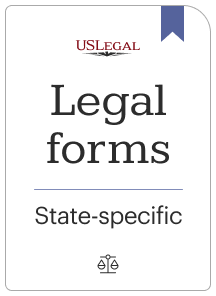

Form with which the directors of a corporation may authorize a corporate office or representative to enter into a contract with another party. Resolution for authority to sign legal documents provides specific authorization to an individual or entity to act as a signatory on behalf of an organization or company. It serves as an official document that outlines the authorized signatories and their limitations, ensuring legal compliance when entering into agreements or contracts. The resolution for authority to sign legal documents is crucial for establishing a clear chain of authority within an organization, minimizing confusion or disputes regarding signing rights. By clearly defining who has the power to sign legal documents, a resolution prevents unauthorized individuals from binding the organization legally. There are several types of resolutions commonly used to enable the authority to sign legal documents: 1. Board Resolution: This type of resolution is typically adopted by the board of directors or governing body of an organization. It grants specific individuals, often high-ranking executives or board members, the authority to sign legally binding documents on behalf of the organization. This resolution is essential for important decisions, such as entering into contracts, borrowing funds, or acquiring assets. 2. Corporate Resolution: Often used by corporations, a corporate resolution outlines the authorization of individuals to sign various legal documents. It specifies the scope of their signing authority, whether it is restricted to certain types of agreements or extends to all legal documents related to the company's operations. 3. Power of Attorney: Although not strictly considered a resolution, a power of attorney is another legal instrument that grants an individual the authority to sign legal documents on behalf of another person or organization. This authority can be limited to a specific purpose, duration, or scope, depending on the terms outlined in the power of attorney document. 4. Shareholder Resolution: In companies with multiple shareholders, a shareholder resolution may be necessary to authorize specific individuals to sign legal documents. This type of resolution is often used for major decisions or transactions requiring the consent of shareholders, such as mergers, acquisitions, or substantial investments. 5. Partnership Resolution: Partnerships may adopt a partnership resolution to designate partners with the authority to sign legal documents on behalf of the partnership. It clarifies the scope of their signing authority and ensures compliance with partnership agreements. By having a comprehensive resolution for authority to sign legal documents in place, organizations can ensure proper governance, minimize legal risks, and provide a solid framework for decision-making and contractual obligations. It is crucial to consult legal professionals or advisors when drafting resolutions to ensure they align with applicable laws and meet the organization's specific requirements.
US Legal Forms has twenty five years of expertise supporting users control their legal papers. Get the form you need right now and improve any operation without having to break a sweat.